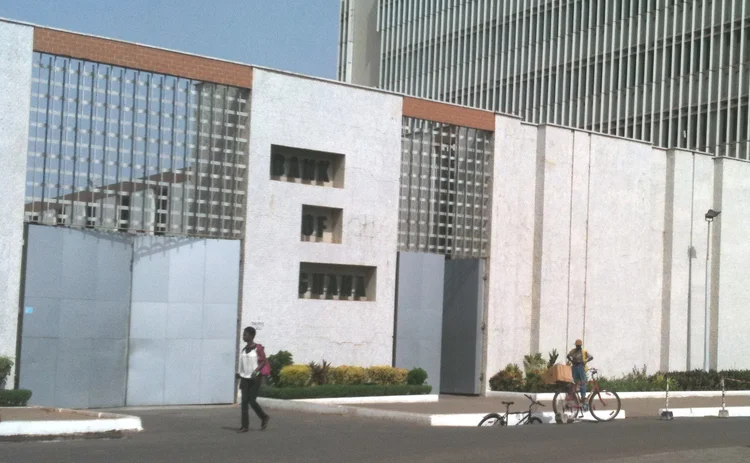Ghana Lift Crypto Ban and Mandate Regulations
The BoG's decision unveiled on 16 August 2024, comes after years of a cautious "wait-and-see" approach. Last June, the bank reiterated its ban on using cryptocurrencies for financial transactions.The Bank of Ghana (BoG) has released draft guidelines for regulating the digital assets space, signaling a potential overturn of Ghana's cryptocurrency ban.

The Bank of Ghana (BoG) has released draft guidelines for regulating the digital asset space, signaling a potential overturn of Ghana’s cryptocurrency ban. However, the move signifies a shift in the country’s stance on cryptocurrencies, departing from its previous strict prohibition.
The BoG’s decision, unveiled on 16 August 2024, comes after years of a cautious “wait-and-see” approach. Last June, the bank reiterated its ban on using cryptocurrencies for financial transactions.
However, a comprehensive review of the digital assets landscape prompted the creation of these new proposed rules, which aim to foster innovation within the financial sector while mitigating inherent risks.
The bank recognizes these risks, which include money laundering, terrorism financing, fraud, cyber theft, and consumer protection concerns. The guidelines aim to address these challenges while embracing the potential of cryptocurrencies like Bitcoin and Ether.
The BoG acknowledges the evolving digital asset landscape in Ghana, highlighting a growing interest in and adoption of cryptocurrencies and blockchain technology. Despite the relatively small volume of crypto transactions compared to broader digital payments, the bank recognizes the need for regulatory clarity to ensure financial stability and protect consumers.
Ghana SEC Mandates Regulations
The proposed guidelines place particular emphasis on virtual asset service providers (VASPs) and outline several measures for regulating platforms and exchanges. This approach aligns with the 2018 recommendations of the Financial Action Task Force (FATF) for regulating VASPs to combat money laundering and other financial crimes.
According to these regulations, Virtual Asset Service Providers (VASPs) must perform customer due diligence and transaction monitoring, promptly report any suspicious activities to the Financial Intelligence Centre (FIC), carry out thorough risk assessments, and employ a risk-based approach to combat financial crime under global standards.
Registration with either the BoG or the Ghana Securities and Exchange Commission (SEC) would become mandatory for all VASPs operating or intending to operate within Ghana.
The proposed regulations extend to enhanced payment service providers (EPSPs), granting them the ability to process transactions solely for registered VASPs. However, EPSPs are prohibited from operating exchanges, virtual asset-related businesses or services, or holding virtual assets.
Additionally, commercial banks are allowed to provide banking, payment, and settlement services for VASPs, subject to the same restrictions imposed on EPSPs.
The BoG is seeking feedback from industry stakeholders to inform its next steps while concurrently exploring the potential of blockchain and launching a central bank digital currency (CBDC). In 2021, the BoG became one of the first African central banks to announce its intention to create a CBDC, dubbed the eCedi. However, this initiative has remained in the pilot phase.





















































